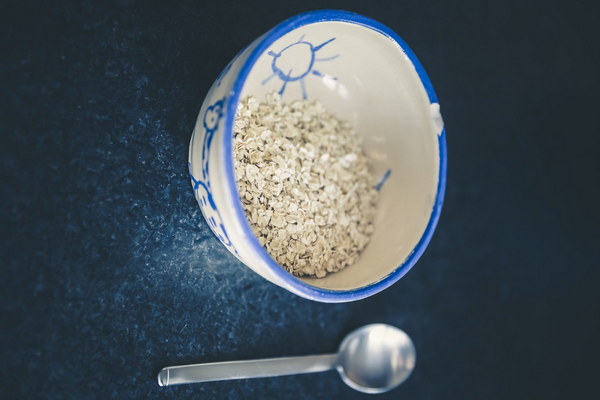The Essential Role of Kidneys in Womens Health A Journey into the KidneyCentric Approach
In the intricate tapestry of human health, the kidneys play a pivotal role, often overshadowed by more prominent organs. Yet, for women, the kidneys are not just vital organs but guardians of overall well-being. The phrase women rely on their kidneys encapsulates a profound truth about the unique health dynamics of the fairer sex. This article delves into the significance of kidneys in women's health and explores the concept of a kidney-centric approach to wellness.
The kidneys, two bean-shaped organs located in the lower back, are responsible for filtering waste products from the blood, regulating blood pressure, and maintaining the balance of electrolytes in the body. For women, these functions are not merely biological processes but are intricately linked to their overall health and vitality.
Firstly, the kidneys are crucial in managing the balance of hormones in the female body. The renal system influences the production and regulation of estrogen and progesterone, which are vital for the menstrual cycle, pregnancy, and menopause. Imbalances in these hormones can lead to various health issues, such as irregular periods, premenstrual syndrome (PMS), and menopausal symptoms. By ensuring optimal kidney function, women can support hormonal equilibrium, leading to a healthier and more comfortable life.
Secondly, the kidneys play a pivotal role in managing fluid balance. This is particularly important for women, as they are more prone to dehydration due to factors such as menstrual blood loss, pregnancy, and breastfeeding. Proper kidney function helps maintain the body's fluid balance, which is essential for cardiovascular health, kidney function, and overall well-being.
Moreover, the kidneys are instrumental in detoxifying the body. Women, who are exposed to various environmental toxins and pollutants, can benefit from the kidneys' ability to filter and eliminate waste products. This detoxification process is vital for preventing the buildup of harmful substances that can lead to chronic diseases.
The concept of a kidney-centric approach to women's health emphasizes the importance of kidney care in maintaining overall well-being. This approach involves several key strategies:

1. Hydration: Staying well-hydrated is crucial for kidney health. Drinking an adequate amount of water helps flush out waste products and toxins from the kidneys, reducing the risk of kidney stones and other kidney-related issues.
2. Balanced Diet: A diet rich in fruits, vegetables, and whole grains can support kidney function. Foods high in potassium, such as bananas and oranges, can help regulate blood pressure, while calcium-rich foods like dairy products can reduce the risk of kidney stones.
3. Regular Exercise: Physical activity promotes better kidney health by improving circulation and reducing the risk of high blood pressure, a common kidney disease risk factor.
4. Stress Management: Chronic stress can negatively impact kidney function. Techniques such as meditation, yoga, and deep breathing exercises can help manage stress levels.
5. Regular Check-ups: Regular medical check-ups, including kidney function tests, are essential for early detection and management of kidney-related issues.
In conclusion, the adage women rely on their kidneys underscores the vital role these organs play in the female body. By adopting a kidney-centric approach to health, women can ensure optimal kidney function and support their overall well-being. By focusing on hydration, a balanced diet, regular exercise, stress management, and regular check-ups, women can safeguard their kidneys and enjoy a healthier, happier life.








